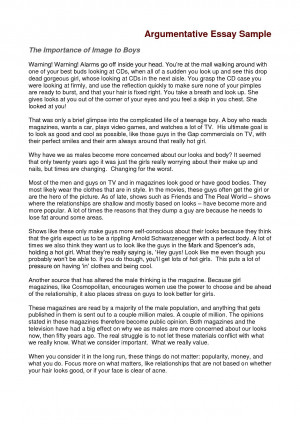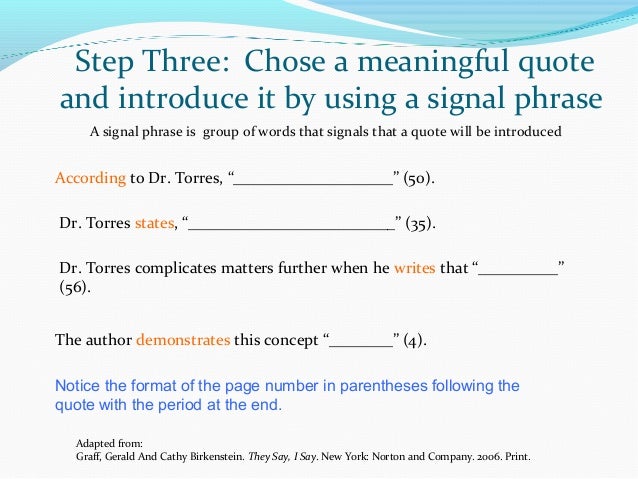
For example, typically, the statement or question which focuses the essay comes at the end of the beginning, whereby it acts as the jumping-off point for the main body of your essay. Another question can be “does the beginning have to be addressed in a certain order?” The answer is no. For example, if you are writing a ten-page essay, you might use a couple of pages for the beginning. The beginning’s length ought to be proportional to the complexity and length of the entire essay.
#How to introduce a quote in an analytical essay how to#
When it comes to matters concerning how to start an essay, one questions that might come to mind is how long should the beginning be? In addition, consider summarizing your source more fully so that your readers can keep track of your analysis. In Romeo and Juliet, Shakespeare’s’ calamity of star-crossed lovers shattered by the dispute between their two families, the lesser characters…

On the other hand, if the text is recognized, your summary won’t have to exceed a phrase or two. In case the source text is brief, you can go ahead and quote it. In addition, it might imply providing a summary of the content that you will be analyzing. Providing the required information to orient your readers can be as simple as answering questions such as what, who, when, and where.

This is because readers who do not possess the information they require to follow your discussion will get lost and stop reading your essay. Orienting is important in the beginning and also throughout the essay. Orienting readers here implies the provision of information and explanations where necessary for your readers to understand. However, it might not be the main theme.” The commemoration of those students and those who died fighting for the Union during the Civil War is one feature of this alumni message to the future. Which message then does this building communicate, and why are the fallen soldiers important to the alumni who built it? Probably part of the answer is that the Hall is some kind of an educational tool an effort by the Harvard community of the 1870s to influence the future through shaping our memories of their times. “ Additional analysis of Memorial Hall and of other sources that depict the process of building it, insinuate that the past may not be the main theme of the hall but only a medium. Below is an example from an essay on Memorial Hall:

Moreover, you can also come up with a thesis statement or do both you can pose a question and then propose the answer that the essay is going to argue. Which problem or question will you be thinking about? You can present a question that will lead to your idea (your idea will then be your question’s answer). In addition to introducing the topic, your beginning should also let the readers know what the main issue is. Therefore, when you establish your context, you’ll be narrowing your topic and thus taking a huge step toward focusing your essay. You’ll be framing an approach to the topic that eliminates other approaches. The point here is that you’re limiting your topic when you ascertain your essay’s context. For example, if the essay is about the First Amendment that guarantees freedom of speech, your essay’s content might be about a certain theory about the speech right, raised by the text or even a question or even historical information about the drafting of the amendment. Part of letting your readers know what the essay is all about aims at establishing the context of your essay, that is, the frame within which you’ll approach your topic. It’s one of the main components on ‘how to start an essay.’ The topic, however, does not just exist on its own. Your readers get to know what the essay is all about through the topic. Opening Strategies on How to Start an Essay.


 0 kommentar(er)
0 kommentar(er)
